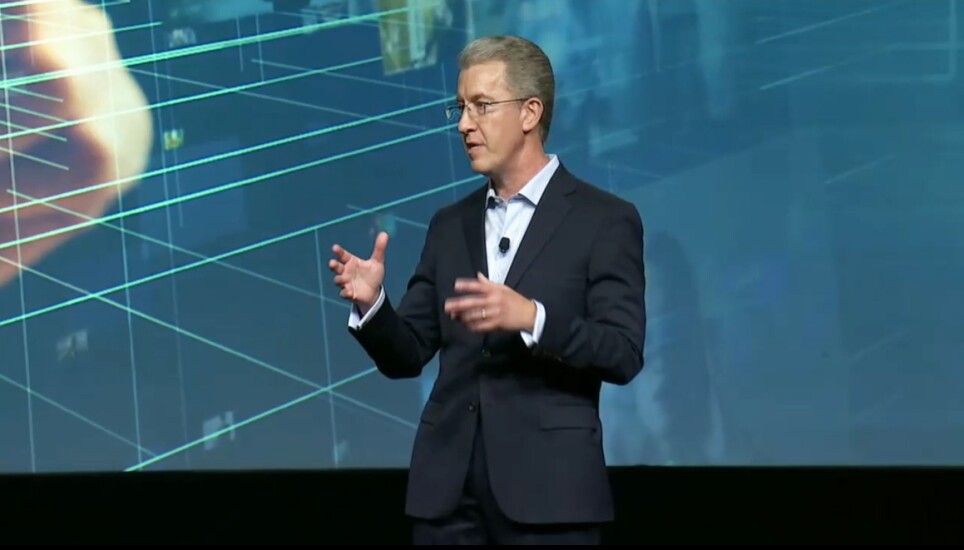Want unlimited access to top ideas and insights?
Whatever their fears, the perpetual advance of technology isn’t going to replace accountants — but it will require them to change significantly, according to Jason Marx, president and CEO of Wolters Kluwer Tax & Accounting.
“Accountants need to think much more about adaptation than replacement,” Marx told attendees at the company’s annual user conference, being held this week in Austin, Texas. “Technology improves efficiency, by removing manual steps and by reducing human error. It drives straight-through processing, rather than replacing accountants, and it frees them to focus on the more strategic work requiring creativity, collaboration and imagination.”
That is, of course, only true if they take advantage of the tools at hand: Marx contrasted a 2019 Robert Half survey in which accountants overwhelmingly reported being concerned about the potential for technology with a 2021 Wolters Kluwer study that showed that just 7% of small firms — and only an astonishing 2% of large firms — believe that they are maximizing their use of technology.
He believes that tax and accounting professionals are more than up for the challenge, however. “You are part of a profession that has proven its grit, its determination and its resilience over and over,” he told conference attendees. “You have served as the quiet heroes behind the scenes to keep businesses running during very, very difficult times. You’ve been balancing the implications of new tax regulations, accelerating market trends for technology and for mobility, a real war for talent, and urgent client demands around the clock.”
To help them understand and face all those challenges, he explained five broad market trends that are shaping accounting, and that they’ll need to bear in mind as they move forward.






